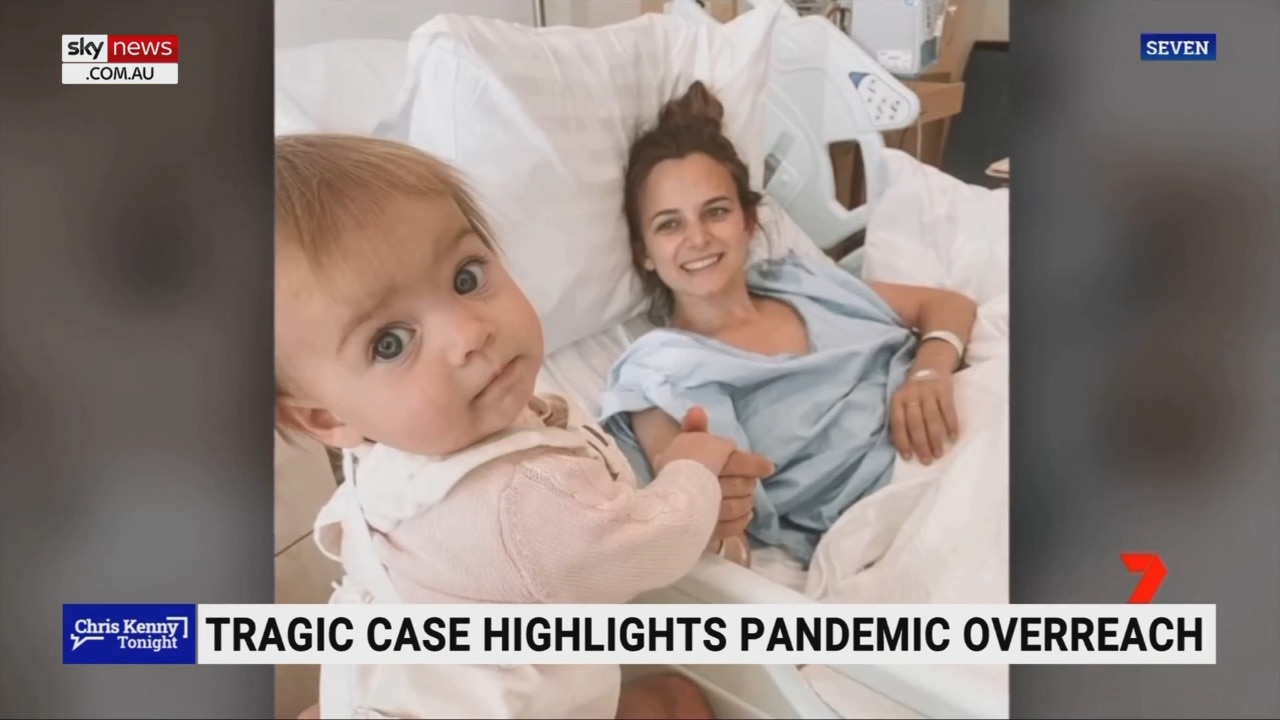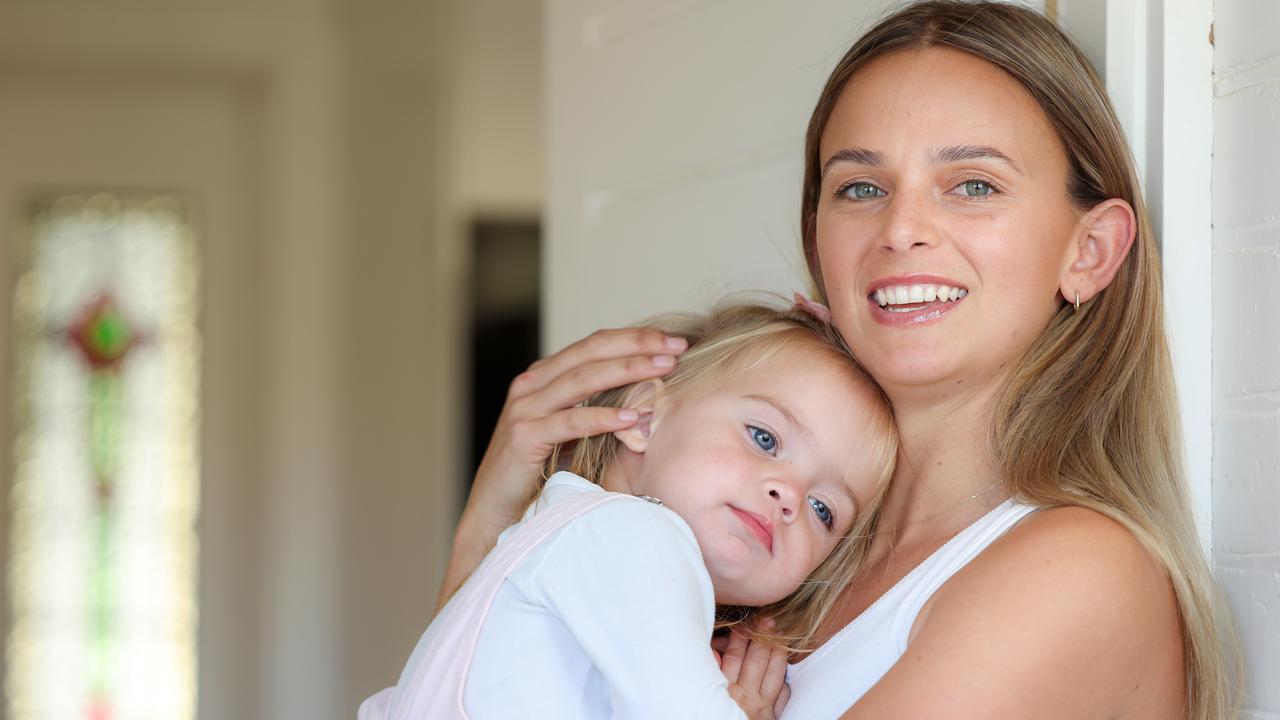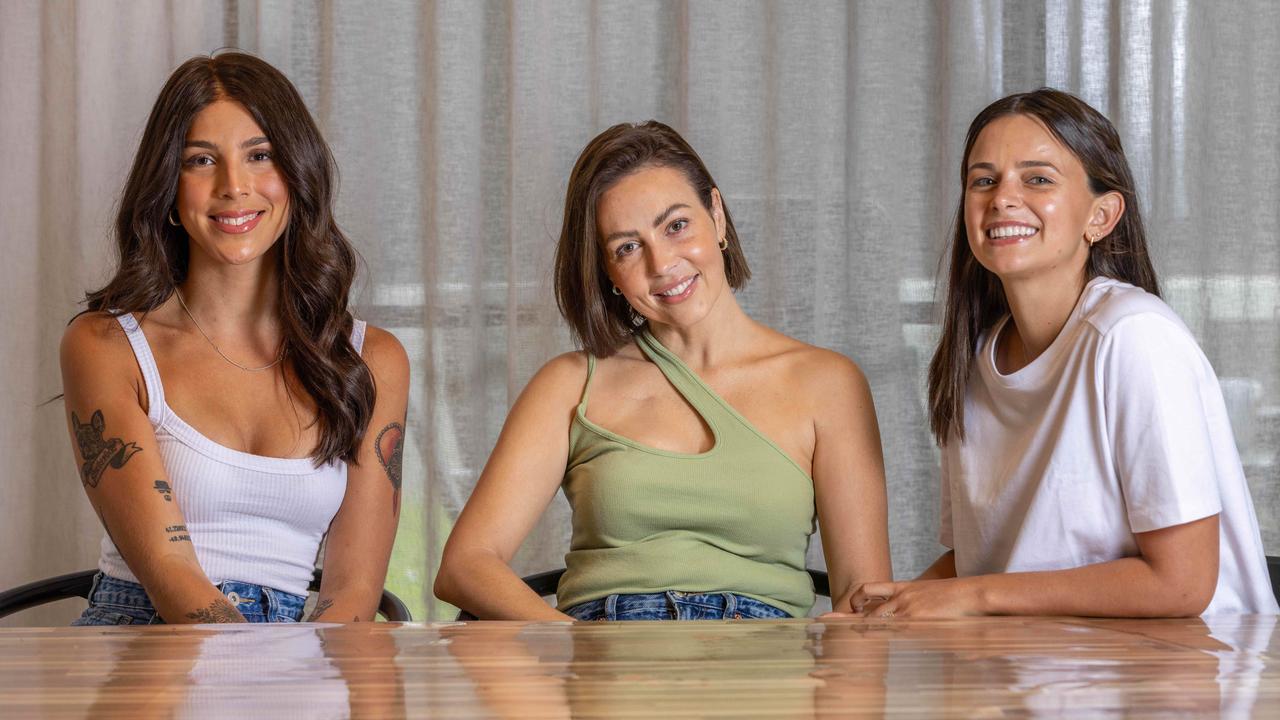Kellie Finlayson on the best ways to help when a loved one goes through a life-changing moment
We all have that cherished person in our lives who we don’t know how to help when they’re hit by a life-changing event. As Kellie Finlayson writes, the answer can be easier than you think.

I can’t speak on behalf of anyone else, but I think it’s safe to assume that we’ve all had an experience with a loved one being faced with a life-changing moment in time; whether that be an illness, the loss of someone close, a relationship breakdown, or even a broken bone, all events bring grief and are all individually relevant.
When asked “how I do it all,” the answer lies not in individual strength but in the collective contribution of community.
You know the saying – that I used to dismiss as cliche – “it takes a village”? Yeah, well I’ve come to realise its profound truth.
The gratitude I have for my people and their unwavering support deserves a whole column in itself.
There is no me without them.
Which leads me into the topic of today, which is how you can help when you feel helpless.
I guess this piece is going to be full of previously dismissed cliches, because “you don’t know what you’ve got until its gone” truly hits the hardest.
Being reminded of what we once had is the biggest no go.
I assure you that we – the ones that are at a loss – are very aware of what we had.

We’re aware of what we’ve lost and even if we’re in complete denial for an extended period of time, we know what we will likely never have again.
Your job as a support person is to listen, actively.
Allow space for your person to express their feelings, fears and concerns without judgement. Let them know their emotions are valid and please, avoid offering them immediate solutions.
On that note, if you have done the work to educate yourself on the diagnosed condition, congratulations – you’re one step ahead of most people.
I’ll speak to cancer specifically here, because again, it’s the only lived experience I can personally make comment on.
Receiving a diagnosis is not just a medical verdict, it’s a seismic shift in one’s existence.
It’s a moment frozen in time, when your very existence is full of uncertainties and the future is full of unknowns.
This is particularly true for conditions like cancer, where the intricacies of the disease are not common knowledge.
Those facing the diagnosis are thrust into a reality where questions outnumber answers and seeking information from the person diagnosed isn’t beneficial for anyone.
Accompanying them to their often-overwhelming appointments allows them to sit with their emotions while you take on the bulk of the information which you can later relay to them at a rate that’s easier to digest.

This is especially helpful if you’re across the condition. Not only are you there to provide comfort and emotional support but you can be taking notes and asking questions on their behalf.
Now, while I am in the depths of active treatment, the importance of this message resonates more profoundly than ever, prompting me to amplify it across every platform I’m lucky enough to have at my disposal.
It’s a plea to recognise the gravity of seemingly mundane tasks.
Just last week I was swimming in clean washing piles. With all energy exerted into staying alive I couldn’t even consider folding and putting them away.
This mundane chore, a stark example of something I dislike even in the best of health, now takes a back seat in my priorities – like the seats in the boot of your SUV, a type of back-back seat.
There are other things I would sit back and allow one of the many people in my corner to take on for me while I can’t – the dishes, deep cleaning my home, changing the sheets, a home-cooked meal or two, paying a bill, giving Sophia the time and energy that I simply can’t give.
While the latter is not something I’d consider a chore, I think I can speak on behalf of anyone with a child – particularly someone undergoing treatment that leaves them bedridden – that having their children looked after, shown love and given the energy they deserve, alleviates an immense mental burden.
We are choosing to prolong our lives so that we’re able to give this to them ourselves, but the reality is, at times, it’s simply beyond our capability.
The last thing I’ll mention is that every individual experience is unique.
Sometimes all we need is a hug.




